The company's efforts to ensure its sustainability are being challenged by its ambitions to transition to green production processes and plans for structural transformation in the industry. With much of the Jingye Group's promised investment yet to materialise, high energy costs, market contraction after Brexit and low-cost steel exports from China, British Steel's financial resilience continues to be challenged. The company's survival will affect not only the industry but also the industrial future of the UK.
The transition to green production processes is one of British Steel's long-term goals. Initially planning electric arc furnaces at Scunthorpe and Teesside, the company cancelled this project and decided to modernise its existing furnaces. The less labour-intensive nature of electric arc furnaces caused concern among trade unions. The company is in continuing discussions with the British government on the decarbonisation process. SteelRadar previously reported that British Steel had requested a GBP 600 million government support package to cover the costs of switching from blast furnaces to electric arc furnaces at its steel plants in Scunthorpe and Teesside in June 2024.
As a result, British Steel is undergoing both structural and operational transformation to adapt to changing conditions in the industry. However, financial and operational challenges increase the complexity of this process. The future of the company will be shaped by Jingye's ability to realise the promised investments and the cooperation with the British government.
What happened?
British Steel, founded in 1967 in Scunthorpe, England, is known for its production of high quality train rails and wire rods. The company also supplied products for major projects such as Istanbul Airport. However, changing dynamics in the steel industry and financial difficulties caused British Steel to change hands several times over the years.
In 2007, Tata Steel, Europe's second largest steel producer, purchased Corus and in 2010 Corus was reorganised under the Tata Steel brand. However, in 2016, Greybull Capital took over Tata Steel's UK operations and renamed the company British Steel. Nevertheless, the financial problems could not be resolved and the company entered the bankruptcy process in May 2019. While Ernst & Young took over the management, efforts were initiated to find a buyer.
Ataer Holding, a partner of Turkish steel producer Erdemir, came to the fore among the 80 companies bidding for British Steel. While British newspapers expressed concerns for political reasons, OYAK concluded negotiations in October 2019 on the grounds that commercial efficiency could not be achieved.
In the same year, the British government announced that it was ready to offer a GBP 300 million support package for potential buyers. Then, China's leading steel producer Jingye Group acquired British Steel in March 2020.
Jingye promised to invest GBP 1.2 billion to make the company competitive and sustainable. In this context, plans to increase production at facilities in Scunthorpe, develop an electric arc furnace in Teesside and build a new power plant were announced. In addition, projects such as rolling mill investments and modernisation of the existing rail production line were launched. Although Jingye's plans aim to create 3,200 jobs, only GBP 156 million of the promised investment has been realised to date.
The company has been challenged by cheap steel exports from China, post-Brexit sterling depreciation and rising energy costs, while the closure of one of its blast furnaces in Scunthorpe has caused layoffs. Jingye's debt restructuring of capital investments created risk for employees and suppliers if the plant failed. However, the company said it had addressed the operational disruptions and both blast furnaces were operational.


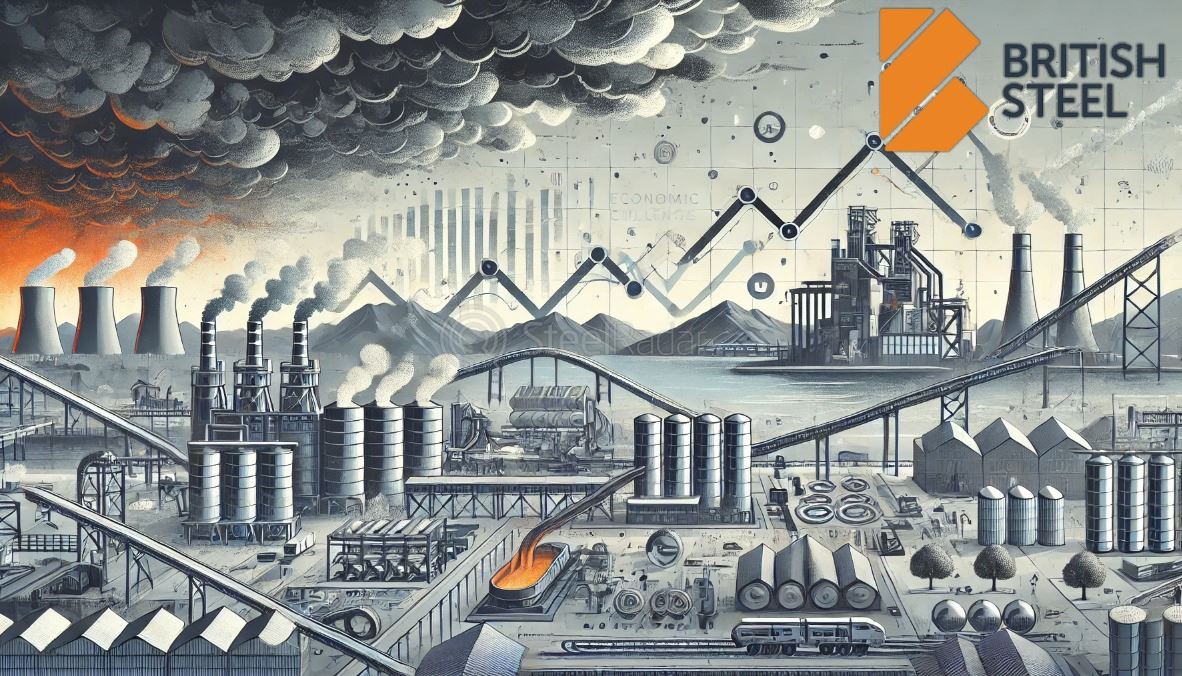

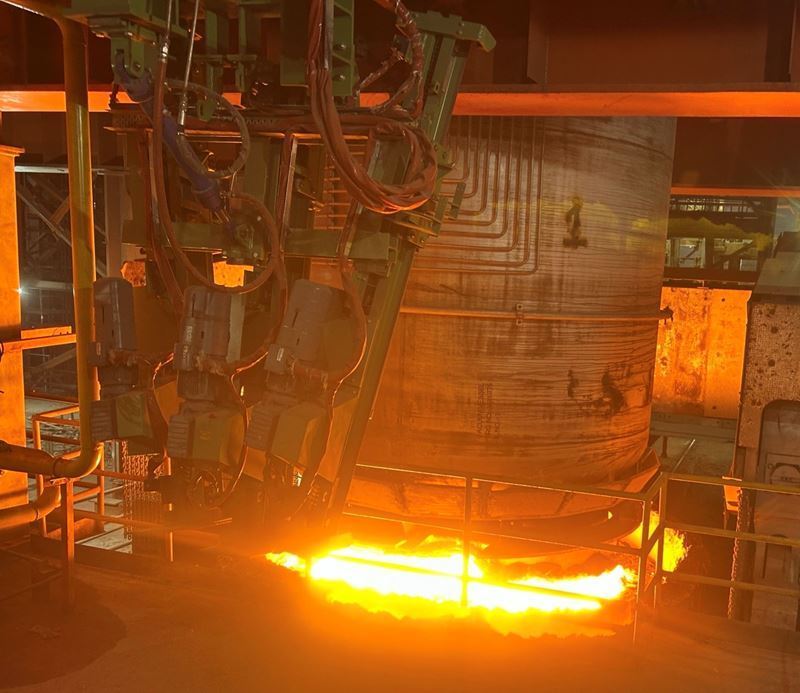
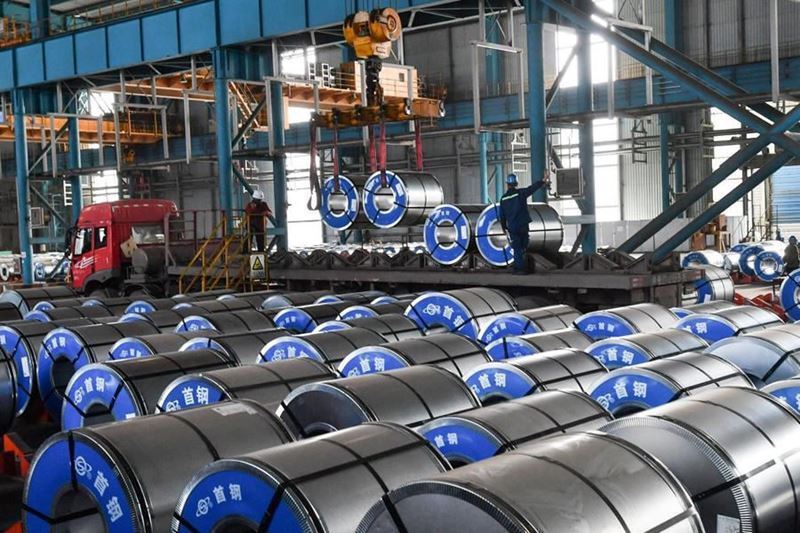
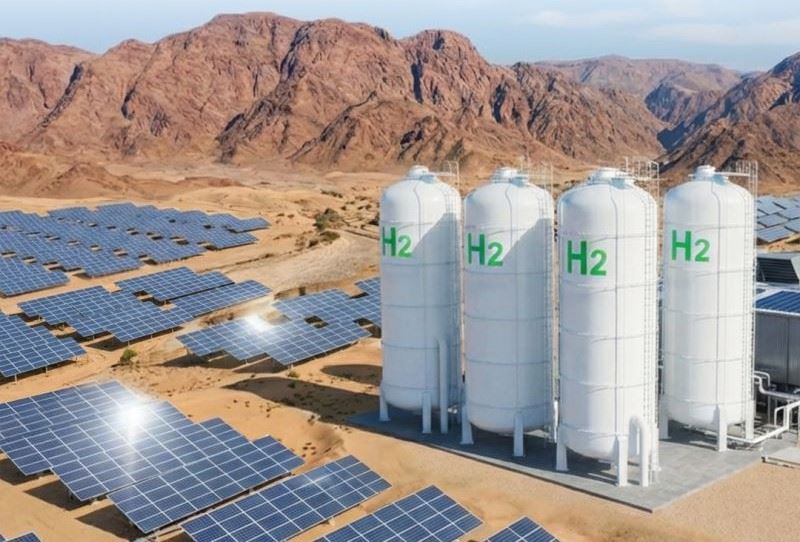
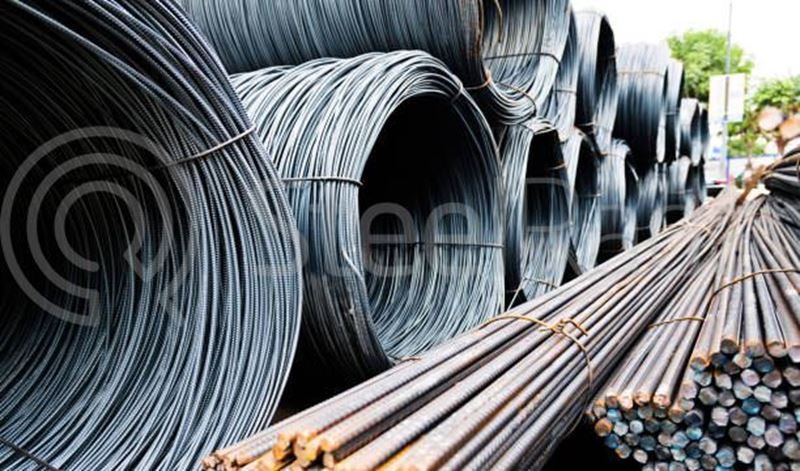

Comments
No comment yet.